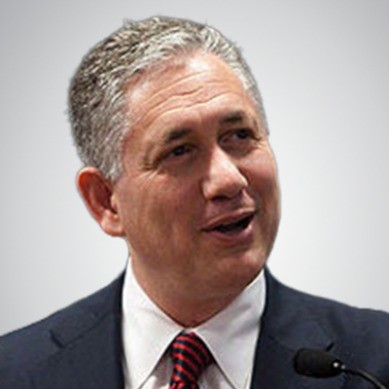Transforming Insurance: Stuart Piltch’s Vision for Smarter Risk Management
Transforming Insurance: Stuart Piltch’s Vision for Smarter Risk Management
Blog Article
Stuart Piltch is a forward-thinking chief whose progressive approach to employee benefits is reshaping how organizations entice, retain, and support their workforce. In the present competitive work industry, offering strong employee benefits has turned into a critical element in not only improving work satisfaction but in addition in increasing production and company loyalty. Piltch's distinctive techniques give attention to tailoring advantages to generally meet the varied needs of today's Stuart Piltch employee benefits while enjoying new systems that improve processes and create greater experiences.

Among the important methods Piltch is transforming staff benefits is through the integration of technology. He's championed the use of electronic systems that enable personnel to simply entry and control their benefits. These tools allow it to be easier for personnel to view their choices, modify plans, and access help, improving both performance and satisfaction. By removing the complexity that always is sold with conventional advantages management, Piltch assures that personnel spend less time navigating bureaucratic red recording and more hours utilizing the advantages available to them.
In addition to enhancing the accessibility of advantages, Piltch advocates for more customized offerings. He realizes that one-size-fits-all solutions no more match the wants of a diverse workforce. Today's personnel have different preferences, financial scenarios, and health priorities, so offering flexible advantages packages is critical. Piltch's method allows personnel to modify their advantages according with their distinctive needs, such as for example offering various levels of health insurance, psychological wellness support, and retirement preparing options. That mobility not only improves employee satisfaction but additionally fosters a sense of empowerment and autonomy in decision-making.
Furthermore, Piltch is a powerful supporter of wellness programs, which have acquired traction recently as organizations understand the significance of employee well-being. He advocates for the integration of bodily, intellectual, and mental health advantages into worker offerings. Including access to exercise applications, psychological wellness counseling, strain administration resources, and mindfulness training. By selling a holistic method of wellness, Piltch assures that personnel experience reinforced equally in and outside of the office, resulting in healthier, happier, and more successful teams.
Yet another cutting-edge solution presented by Piltch is economic wellness applications, which aim to help workers greater control their personal finances. This could contain providing economic planning tools, use of qualified advisors, debt management resources, and guidance on preserving for retirement. In some sort of where financial pressure may influence both personal well-being and workplace output, these applications serve as a valuable resource for workers, supporting them make educated choices and minimize financial anxiety.
Eventually, Piltch acknowledges that staff benefits extend beyond just conventional promotions like medical insurance and compensated time off. He stimulates a more extensive offer that'll include scholar loan repayment assistance, fertility benefits, and paid family leave. By growing the range of staff advantages to handle a larger array of personal and qualified needs, Piltch guarantees that personnel sense valued and reinforced through the duration of all phases of their lives and careers.

In conclusion, Stuart Piltch philanthropy's way of improving worker benefits is contemporary, innovative, and profoundly grounded in the opinion that a happy, healthy, and financially secure workforce is essential for long-term company success. Through customized benefits, wellness applications, financial wellness initiatives, and structured engineering, Piltch is major the demand in developing a work environment where employees thrive—fundamentally benefiting the persons and the businesses they work for.
Report this page